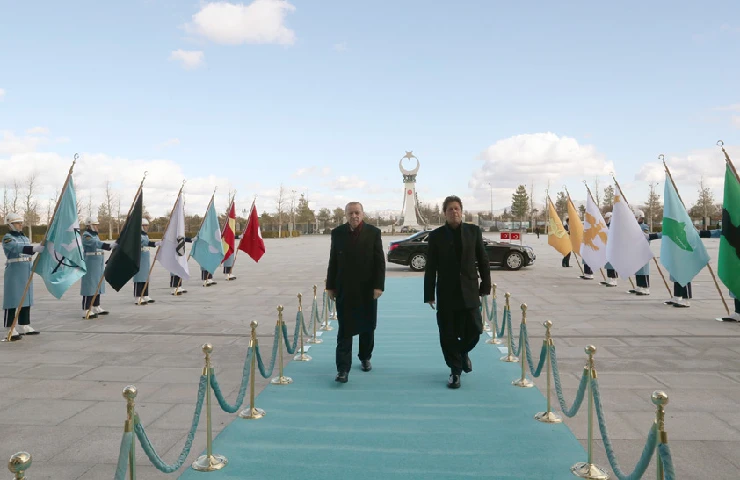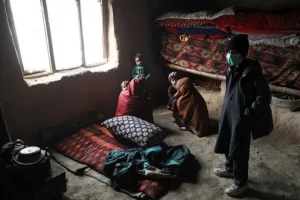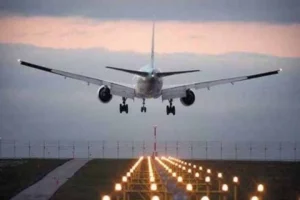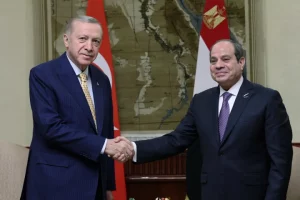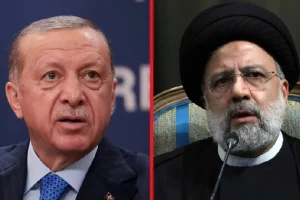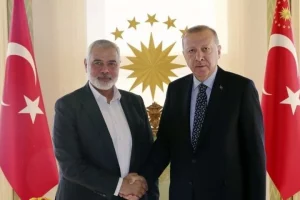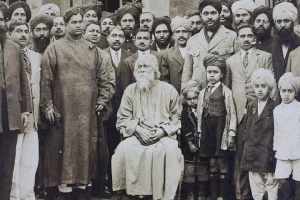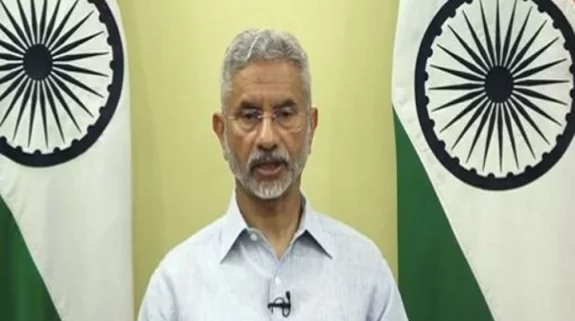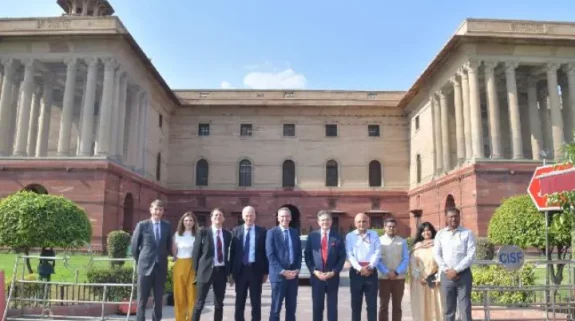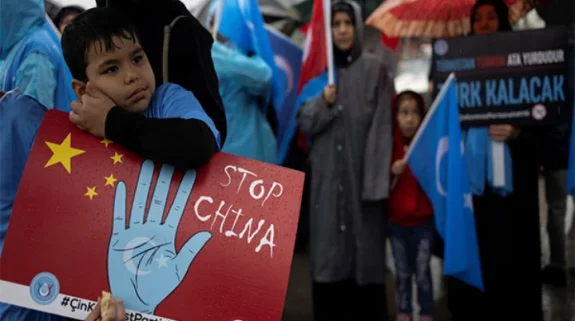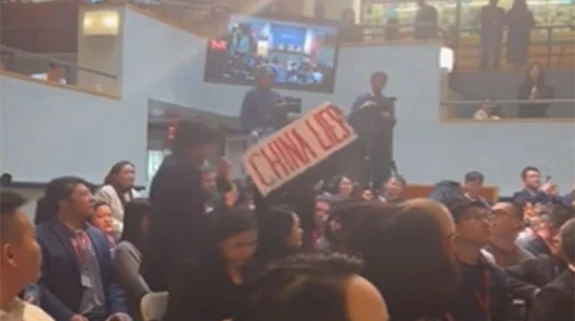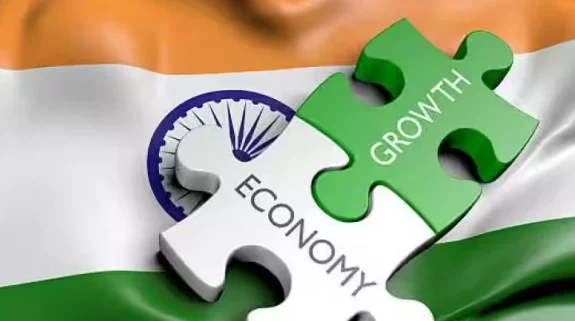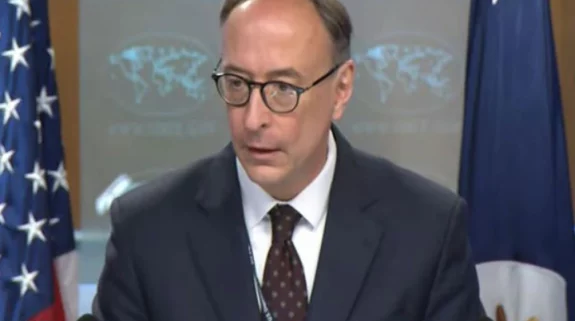On Thursday, the Financial Action Task Force (FATF) placed Turkey on its 'grey list' for money laundering and terrorist financing along with Pakistan. The other two new entrants are Jordan and Mali.
The Paris-based FATF said after a three-day deliberation that there were "serious issues" over Turkey's financial operation as it failed to combat money laundering and terror financing. In 2019, Turkey had agreed to adhere to an action plan with the FATF to take measures to freeze assets linked to terrorism and weapons of mass destruction proliferation.
Though Turkey implemented some of the FATF suggestions, it did not work on curbing weapons financing. Now it will have to subject itself to increased scrutiny of financial dealings. UK newspaper, The Financial Times had already said that Turkey is likely to be put up on the grey list by FATF.
FATF president Marcus Pleyer said that Turkey needs to address "serious issues of supervision" in its banking and real estate sectors. It also needs to resolve the dealings in its gold and precious stones markets.
Addressing a press conference after a three-day meeting, Pleyer said: "Turkey needs to show it is effectively tackling complex money laundering cases and show it is pursuing terrorist financing prosecutions…and prioritising cases of UN-designated terrorist organisations such as ISIL and al Qaeda".
Grey-listing Turkey would mean that President Recep Erdogan's efforts to attract foreign investment will take a hit. The Turkish Lira touched a record low on the same day. Its economy has been hit due to political interference and double digit inflation.
In other decisions by the FATF, Pakistan continues to remain on the grey list. A close friend of Turkey, Islamabad has been kept on the list since 2019 for funding terrorism and supporting US-proscribed terrorists.
Earlier this year, the FATF had asked Pakistan to investigate Hafiz Saeed and Masood Azhar–both UN-designated terror chiefs.
Only two countries, North Korea and Iran, remain on the high-risk 'black list'. It means that their international financial transactions are closely scrutinised.
The FATF was set up by the G7 countries to protect the global financial system.






